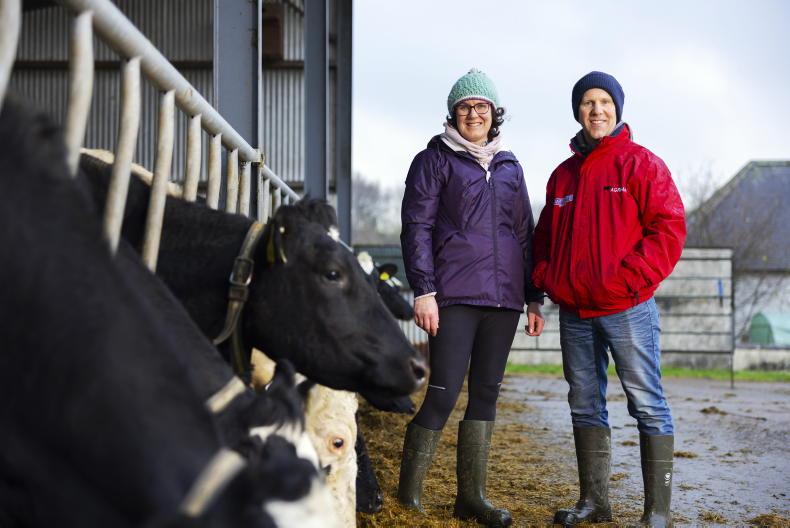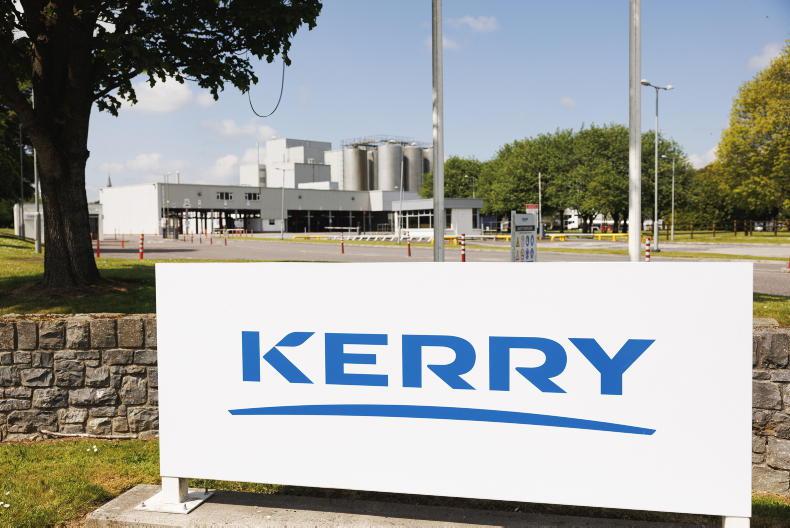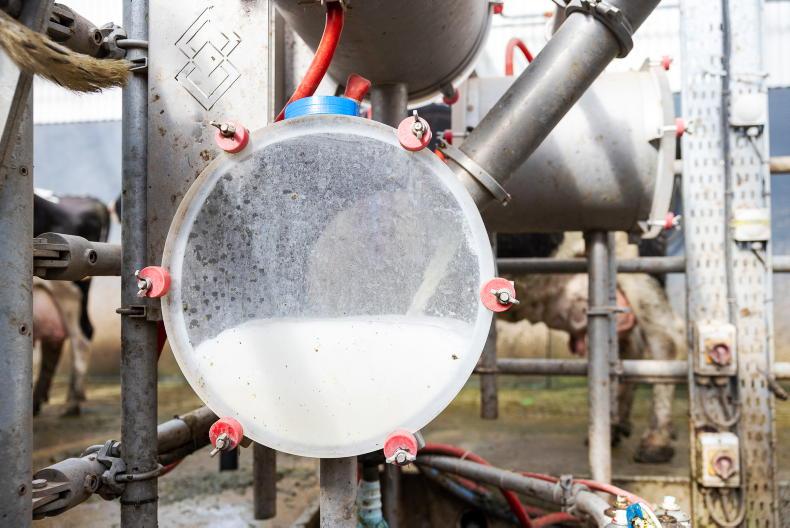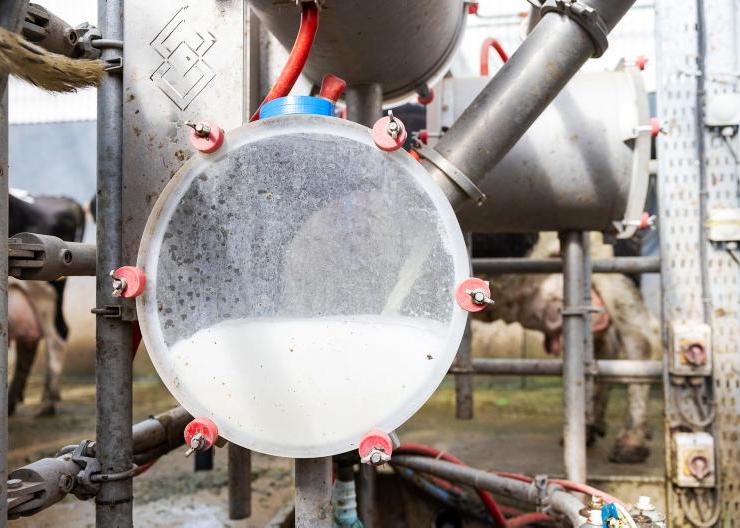The headwinds buffeting the dairy sector at the moment were front and centre for anyone who read last week’s Irish Farmers Journal.
Tales of plummeting milk intakes, depressed global markets, falling processor profits, possible redundancies and a poor outlook for farmgate prices all featured across the news pages.
When challenges such as the nitrates derogation and climate change are added to the mix, it’s easy to see why the current mood in the industry is fairly sombre.
Long gone is the bullish swagger that characterised the industry for over a decade of expansion.
To be fair, however, much of the current doom and gloom is weather-related, and therefore not embedded.
The 8% to 10% collapse in milk output this spring is almost exclusively a result of the dire weather.
Equally, the collapse in milk output last autumn was largely weather-related – and compounded by the slide in prices.
You’d hope to think that the rain has to stop at some point soon and normal grazing conditions will finally take hold.
Unfortunately, however, the damage is already done for this year.
Dairy processors do not expect milk volumes to recover sufficiently to make up for the losses already recorded.
This means consecutive years of contracting milk supplies. Last year, the overall volume processed dropped by 365m litres or around 4% to 8.5bn litres. If overall milk output falls by a further 6% this year – which is not beyond the bounds of possibility given current trends – then Ireland could struggle to process more than 8bn litres in 2024.
That would represent a drop of 865m litres in just two years. This has obvious implications for plant efficiencies, for business turnover and ultimately for profits.
Dairygold’s results for 2023 show how quickly things can turn. The co-op’s turnover dropped 15.5% and profits fell by 40.5% in 2023 compared to 2022.
The co-op still made a healthy operating profit of €23.9m last year. But what happens this year if global demand for dairy commodities remains stagnant, given that milk supplies look likely to take another significant hit?
Similar challenges are being encountered right across the industry, as is attested by talk of cutbacks and possible redundancies at Tirlán, the reduced profits announced this week at Lakeland and the serious battle facing the new management at Tipperary Co-op.
Protecting existing supplies is now paramount for the dairy industry.
Little wonder that Dairygold chair Seán O’Brien has called for any further changes to the nitrates derogation to be parked for four years.
Dairying remains the most profitable farming enterprise by far, but the sector’s ‘Klondyke’ days have certainly passed for now.










SHARING OPTIONS